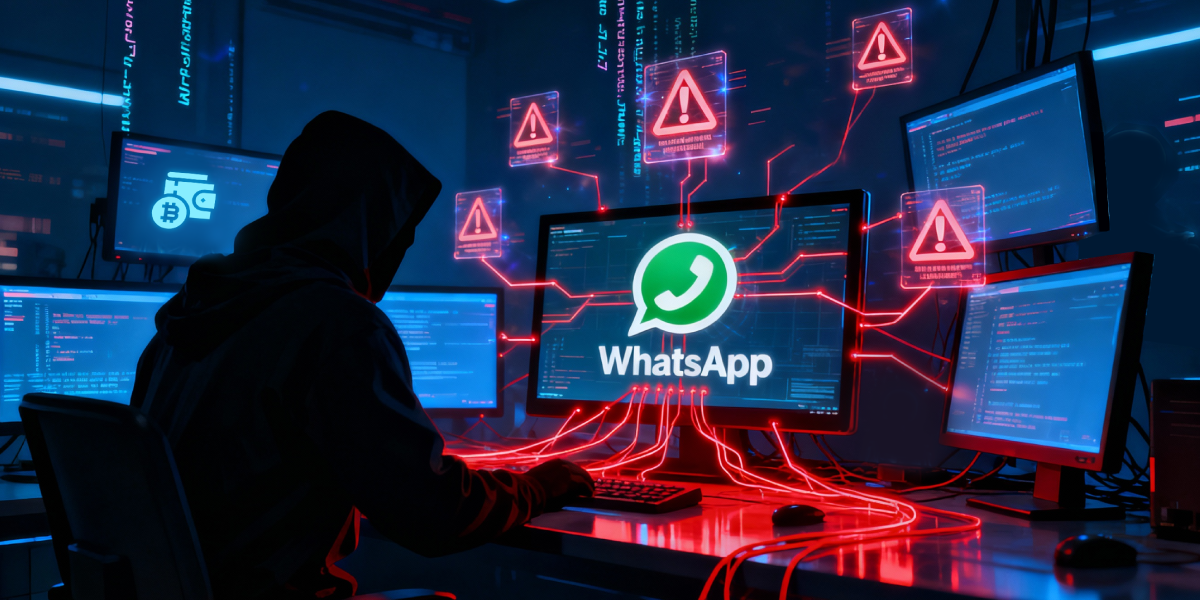The Conficker worm proved to be a positive for some people in the north of England as Manchester City Council revealed that more than 1,600 tickets for traffic offences in the city had to be cancelled after council PC’s became infected.
Manchester City Council was one of several government authorities around the world to have been crippled by the outbreak of the Conficker worm earlier this year, with the worm costing the council a reported £1.5m ($2.4m) according to Manchester Evening News.
The clean-up of council IT systems, which made up £1.2m of the overall bill and involved drafting in antivirus consultants and experts from Microsoft, was compounded by numerous other costs that were incurred as a knock-on effect of the infected IT system.
Those included the cost of “writing-off” a total of 1,609 penalty tickets to drivers who had been caught illegally driving in bus lanes across the city. The virus meant that the £60 ($98) fines could not be issued to drivers within the required 28-day time frame, costing the council an estimated £64,000 ($104,000).
£178,000 ($290,000) was spent on additional staffing costs and compensation was also paid out to benefit claimants due to late payments, highlighting the potential cost of inadequate antivirus and IT security systems.
The Conficker worm, also referred to as Kido or Downadup, has gained notoriety in recent months after affecting a number of high profile victims including the French Navy and the US Air Force.
In response to the attack, Manchester Council has brought in a number of IT security measures, including a ban memory sticks and the disabling of USB ports. In February, Microsoft offered a $250,000 reward for information leading to the arrest of the individuals responsible for Conficker. Experts claim that the worm, which has reportedly infected 15million PC’s worldwide, could have caused as much as $9.1bn worth of damage.
Steve Park, Head of ICT at Manchester city council, said: “I’d like to reassure the public that we’ve built on and improved our disaster recovery strategy, which covers all our main networks.
“This means that in the event of an emergency those key systems can be recovered with minimal disruption to the services involved.”







